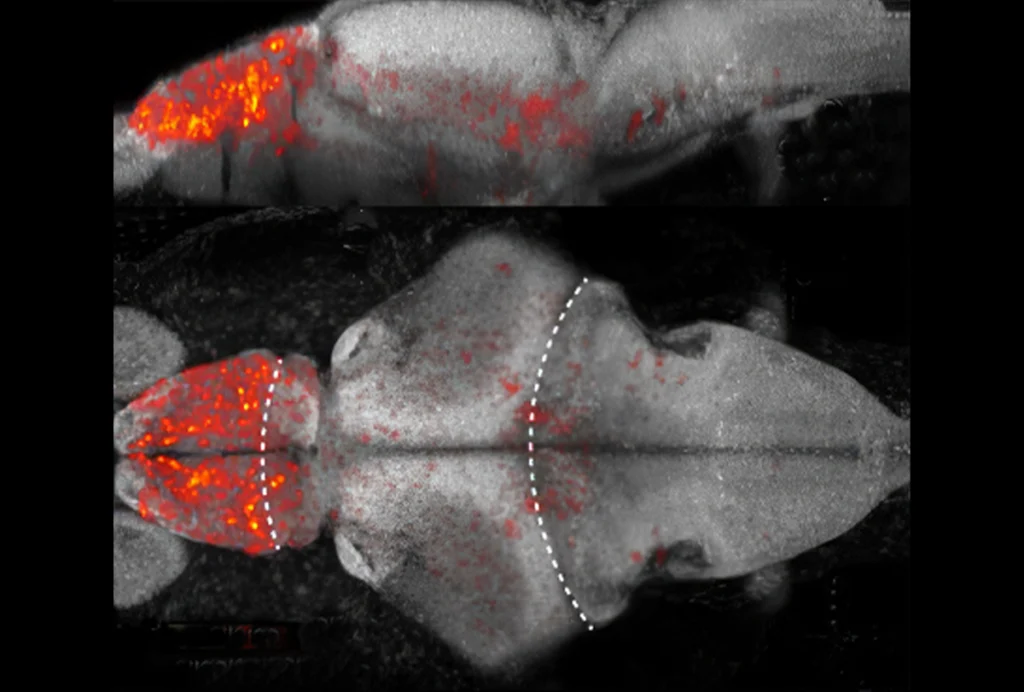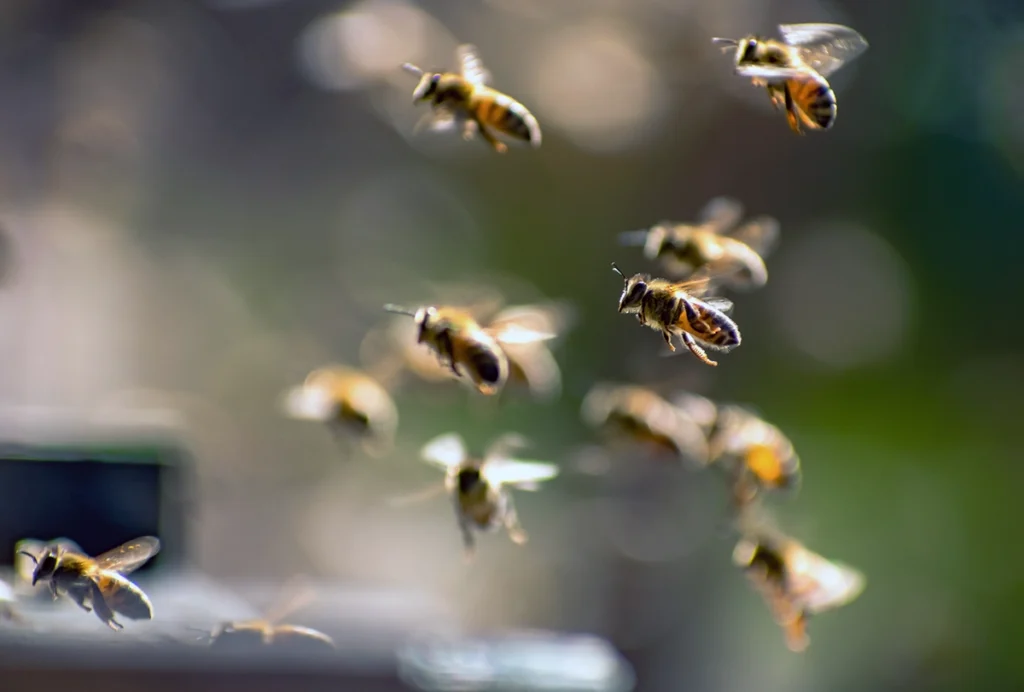Spatial cognition and navigation
Recent articles
Remembering Eleanor Maguire, ‘trailblazer’ of human memory
Maguire, mastermind of the famous London taxi-driver study, broadened the field and championed the importance of spatial representations in memory.

Remembering Eleanor Maguire, ‘trailblazer’ of human memory
Maguire, mastermind of the famous London taxi-driver study, broadened the field and championed the importance of spatial representations in memory.
‘Place cells’ help guide freely swimming zebrafish larvae
The newly found cells function like those in mammals, revealing that spatial cognition evolved earlier than previously thought.

‘Place cells’ help guide freely swimming zebrafish larvae
The newly found cells function like those in mammals, revealing that spatial cognition evolved earlier than previously thought.
Postdoc’s grad-school sleuthing raises questions about bee waggle-dance data
A journal has flagged two papers with expressions of concern, which note a co-author acknowledged errors.

Postdoc’s grad-school sleuthing raises questions about bee waggle-dance data
A journal has flagged two papers with expressions of concern, which note a co-author acknowledged errors.
Dancing in the dark: Honeybees use antennae to decode nestmates’ waggles
The insects align their antennae with their body’s angle to a dancer—information that vector-processing circuitry in the brain deciphers into a flight path, a new study suggests.
Dancing in the dark: Honeybees use antennae to decode nestmates’ waggles
The insects align their antennae with their body’s angle to a dancer—information that vector-processing circuitry in the brain deciphers into a flight path, a new study suggests.
The value of math and spatial learning with Loren Frank
The Howard Hughes Medical Institute investigator discusses what drew him to study the brain and his current work at the University of California, San Francisco.

The value of math and spatial learning with Loren Frank
The Howard Hughes Medical Institute investigator discusses what drew him to study the brain and his current work at the University of California, San Francisco.
Explore more from The Transmitter
Machine learning spots neural progenitors in adult human brains
But the finding has not settled the long-standing debate over the existence and extent of neurogenesis during adulthood, says Yale University neuroscientist Juan Arellano.

Machine learning spots neural progenitors in adult human brains
But the finding has not settled the long-standing debate over the existence and extent of neurogenesis during adulthood, says Yale University neuroscientist Juan Arellano.
Xiao-Jing Wang outlines the future of theoretical neuroscience
Wang discusses why he decided the time was right for a new theoretical neuroscience textbook and how bifurcation is a key missing concept in neuroscience explanations.
Xiao-Jing Wang outlines the future of theoretical neuroscience
Wang discusses why he decided the time was right for a new theoretical neuroscience textbook and how bifurcation is a key missing concept in neuroscience explanations.
Memory study sparks debate over statistical methods
Critics of a 2024 Nature paper suggest the authors failed to address the risk of false-positive findings. The authors argue more rigorous methods can result in missed leads.

Memory study sparks debate over statistical methods
Critics of a 2024 Nature paper suggest the authors failed to address the risk of false-positive findings. The authors argue more rigorous methods can result in missed leads.